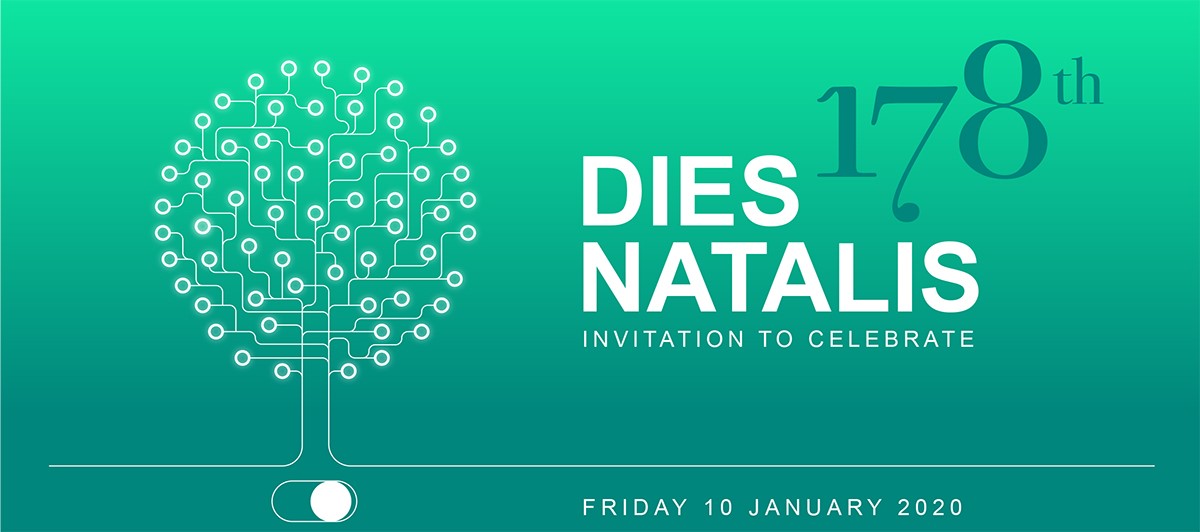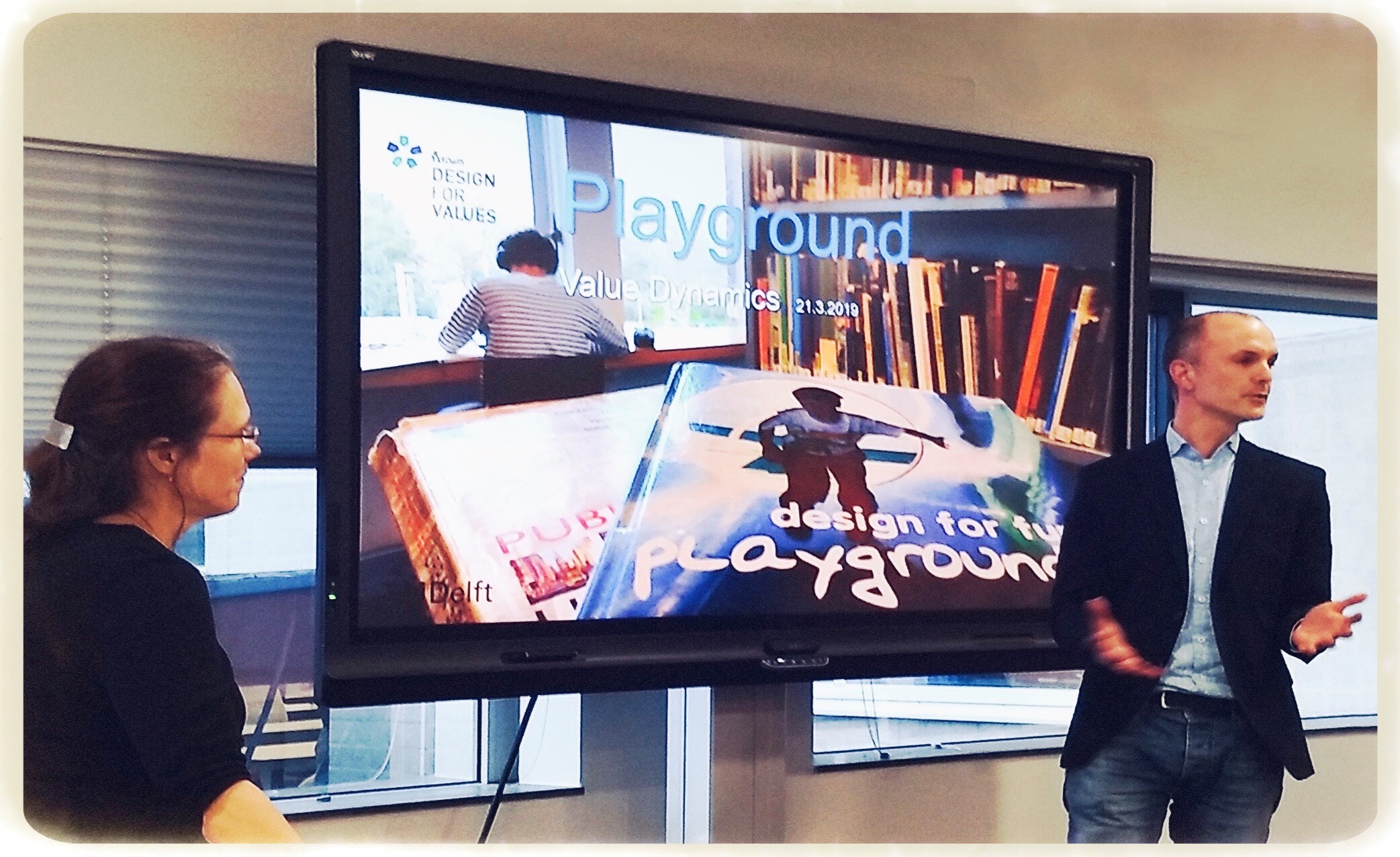The Impact of the Pandemic to Street Life, Urban Culture and Beyond.
Maurice Harteveld, co-host and moderator of the roundtable discussion with speakers from the Netherlands, from Greece, from France, and from the United States.
Tag Archives: value conflict
The Impact of the Pandemic to Street Life, Urban Culture and Beyond
We have seen a growing number of people have been hospitalised per day, and people passed away. Both followed the bell curve. Every country faced critical moments when hospitalised totals stressed the capacity of medical care. The uncertainty among the populations grew in that period. Particularly, the impact of the pandemic to street life became visible in those days. Cities locked down, people stayed at home, and shifts in urban culture became visible. Can we place those changes in a longer perspective? Looking back to what happened before, and forecasting what most likely happens beyond 2020: A Year without Public Space under the COVID-19 Pandemic?

Image created by Catherine Cordasco.
Submitted for United Nations Global Call Out To Creatives – help stop the spread of COVID-19.
Join the webinar!
When: Thursday, August 6, 2.00 – 3.30pm CET
> Registration
This webinar is part of the initiative ‘2020: A Year without Public Space under the COVID-19 Pandemic‘.
Continue reading
Ethical and Social Values in COVID-times
Design for Values in Times of COVID19
Creating Responsible Innovations respecting Ethical and Social Values
The COVID-19 pandemic is hitting people and businesses hard. The attempt to protect people from this life-threatening disease has changed how we perceive the role of governments, businesses, and all other stakeholders in providing safe housing, sanitation, workplaces, and safe public space to name a few. These are issues architecture, urban design, and spatial planning must address.
Continue reading
Public Space under COVID-19

TU Delft Joins ‘2020: A Year without Public Space under the COVID-19 Pandemic’
Social distance dictated by COVID-19 health emergency affects access to public space and with it creating a range of impacts on different levels. While global lockdown is destabilizing economy and challenging country leaders, at the human level the pandemic is generating isolation and loneliness, with a significant raise of helplessness and fear. Everyone is asked to stay home and rearrange daily routines and work activities in indoor domestic spaces, looking at the world from behind a window. People are dying alone, numbers are increasingly high. Outdoor physical activities are no longer allowed. Many governments seem to lack proper strategies to manage the risk of massive contagion. In the Global South the poor living in informal settlements have scarce access to water, washing hands could be dangerously impossible.
What is the future of public space? How can we face this unprecedented emergency and get prepared to its consequences, in specific regard to health disparity? Will public space restrictions stay in place after recovering from the pandemic?
Is there something we can do now all, together? Delft University of Technology, a worldwide recognised leader in the field of urban design and public space, unites with more than twenty universities globally in the ‘2020: A Year without Public Space under the COVID-19 Pandemic’ initiative. DDfV researcher Maurice Harteveld explains:
“We observe differences in behaviour in public space under the current circumstances. Differences that relate to different societal and personal priorities based on different social and personal values. Altered patterns in our cities are updating the way human behaviour informs urban design, hence the design of public space, but foremost the emerging differentiation in values effect in the design choices we are making in the near future.”
Design for Values Symposium
 On the occasion of its Dies Natalis celebration, the Delft University of Technology together with the Delft Design for Values Institute has organised a symposium on Design for Values.
On the occasion of its Dies Natalis celebration, the Delft University of Technology together with the Delft Design for Values Institute has organised a symposium on Design for Values.
Design for Values means making design choices with explicit reference to and for reasons of moral and social values throughout the entire design or engineering process. The symposium centers around research supporting design for values, with a focus on Value Dynamics (how to design for values that change over time) and Value Conflicts (how to deal with frictions that emerge between two or more values within design and engineering processes).
Continue reading
Architectural and Urban Design for Values

In a Dies Satellite Event celebrating the 178th anniversary of the TU Delft, the Faculty of Architecture and the Built Environment introduces their collaborative research on values to a wider audience, as it is present and emerging within its rich set of disciplines, including architectural and urban design, building technology, process management, and geo-information science. The faculty answers on the questions: How to deal with value dynamics when designing for values? How can we successfully operationalise values to inform design decisions, whilst anticipating possible value changes? How does the theory apply to specific application areas, such as architecture and urban design?
Continue reading
Approaches to Value Dynamics
The theme of this playground meeting has been ‘value dynamics’. We have touched upon questions like: How to deal with value dynamics when designing for values? How can we successfully operationalize values to inform design decisions, whilst anticipating possible value changes? How can we make our designs able to adapt to value changes in society? How does the theory apply to specific application areas, such as architecture and urbanism?
Two pitch presentations have kickstarted interdisciplinary discussions:
Design for Changing Values (ERC granted research project)
by Ibo van de Poel
Historical and Spatial Approaches to Value Dynamics
by Carola Hein and Maurice Harteveld
when:
21 March 2019, 12:00 to 13:30h
where:
Delft University of Technology
Faculty of Technology, Policy and Management
Classroom H (31-A1-210)

